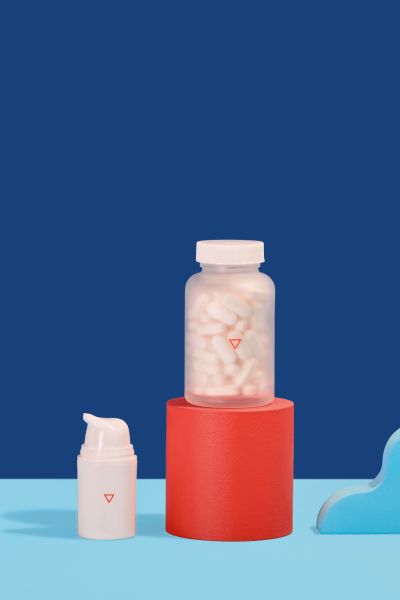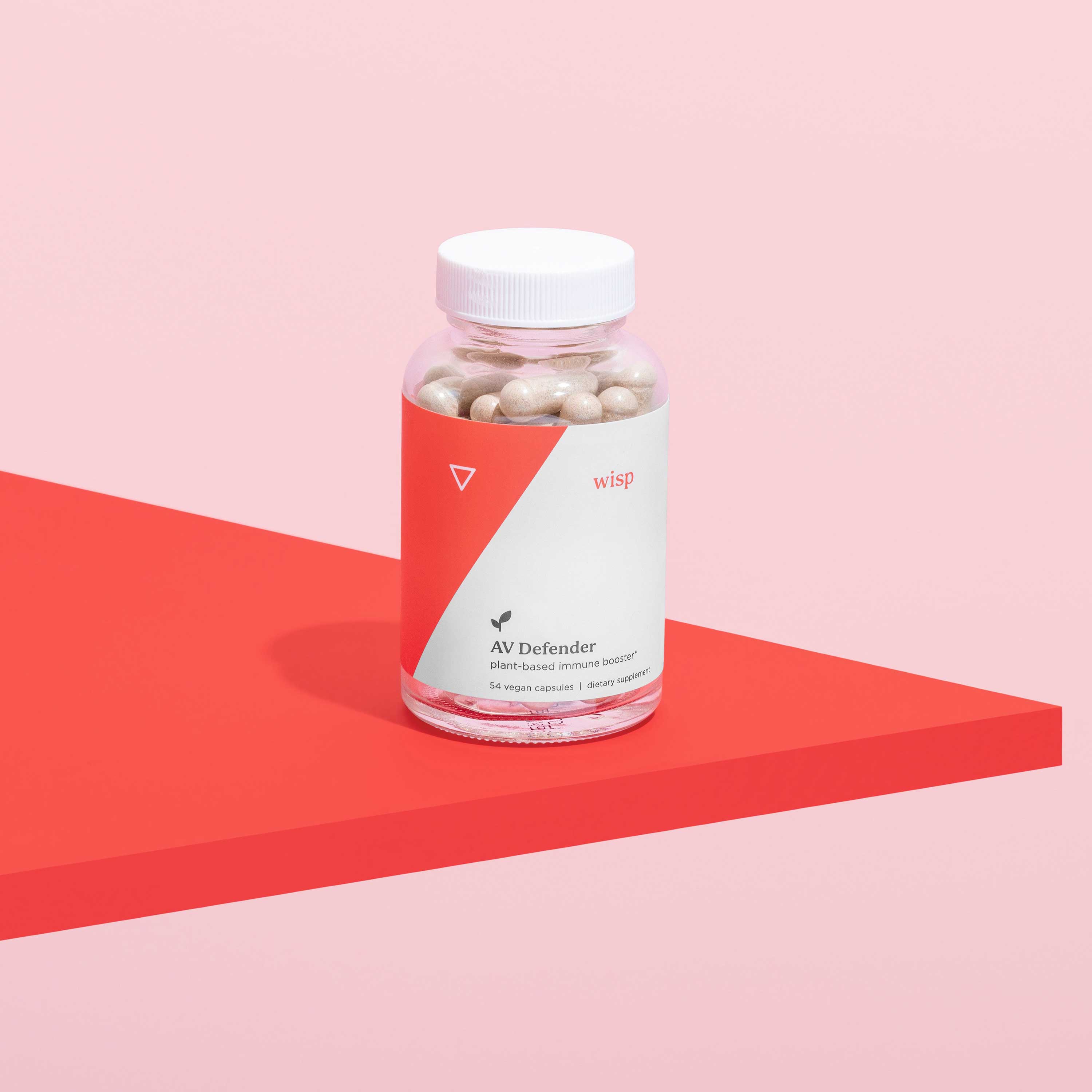
Genital Herpes Symptoms
What are Genital Herpes symptoms?
Genital herpes is an extremely common STD caused by the transmission of the Herpes Simplex Virus. Once infected, individuals will experience genital ulcers (outbreaks) for the rest of their lives.
The same virus causes both oral (cold sores) and genital herpes, but patients experiencing cold sores (HSV-1), for example, may never experience a genital outbreak (HSV-2) unless their genitals are directly exposed to an infected individual, such as through oral sex.
Oral herpes is caused by HSV-1 and leads to cold sores around the mouth. However, many people do not fully understand their symptoms as an adult and are not aware they can pass the virus during oral sex—even when cold sores are not present.
In both cases, however, the severity of outbreaks will change over a lifetime, with the initial episode generally being the most physically painful and emotionally difficult. Prescription medication makes managing genital outbreaks easy and effective. When taken at the earliest sign of symptoms, an outbreak can be all but non-existent.
A strange characteristic of a genital herpes outbreak is that symptoms tend to be more significant in women than men. Signs of a herpes outbreak include multiple blisters or ulcers around the genital areas that eventually pop and scab over. It is common for new blisters to appear after the first several days of an outbreak.
The affected areas of a genital herpes outbreak may include:
- Vagina, Vulva
- Penis, scrotum
- Buttocks
- Anus
- Thighs
Other Genital Herpes symptoms include:
- Swollen or tender lymph nodes in the legs and groin
- Joint pain
- Flu-like symptoms
- Headache
- Pain during urination
Once infected, the virus may produce lesions in areas of your genitals that did not initially come into physical contact with the virus, such as the anus. The frequency, severity and physical pattern of outbreaks may change throughout your life. It is essential to understand The Difference Between Suppressive & Episodic Herpes Treatment.
How do I detect a Genital Herpes outbreak is coming?
More than half of the patients who experience recurrence of genital outbreaks will experience mild symptoms leading up to the appearance of blisters. This period, marked by tingling, itching or pain in the legs or buttocks is called the “Prodrome.”
Patients often describe the feeling of a cold or flu coming on as their body attempts to fight back the virus. After several outbreaks, many individuals become confident at identifying these symptoms and are able to take medication during the period which it is most effective.
80% of carriers transmit herpes without knowing it because they are not actively treating the virus with suppressive antiviral medication
Additionally, many individuals who acquire HSV-2 only experience infrequent or mild outbreaks, leading them to believe it is something other than genital herpes. HSV-2 outbreaks are commonly mistaken for genital pimples, razor burn, ingrown hair, or bug bites. Without active antiviral treatment for genital herpes, you can easily transmit the virus during periods where you show no physical symptoms.
What causes a Genital Herpes outbreak?
Once you identify the physical sensation associated with the Prodrome state, many individuals can predict the type of life situation that triggers an outbreak for them in the first place. The following situations are often associated with an outbreak:
- Illness
- High stress
- Fatigue
- Heavy sunlight exposure
- Menstrual periods
1 in 8 US adults have HSV-2, but HSV-2 testing is not part of a standard STI screening.
If you are sexually active and receive regular STI screenings, it is still possible that you carry (and transmit) the HSV-2 virus. In the US Genital Herpes testing is not part of a normal STI screening.
How do I get rid of Genital Herpes?
Unfortunately, there is no cure for genital herpes at this time. However, because herpes is widespread among humans, both young and old, antiviral treatment for genital outbreaks is considered to be extremely effective.
There are several Antiviral Medications prescribed to treat herpes outbreaks:
And for painful genital ulcers, wisp specially formulates a topical pain cream to minimize discomfort during outbreaks
All antivirals used to treat herpes are taken orally in pill form or applied topically using a cream. Treatment can range from 7 to 10 days. It is essential to speak with a doctor not only to obtain a prescription, but also to determine the strategy of treatment that is appropriate for you.
Typically this falls into two therapy types, Suppressive or Episodic Treatment.
Suppressive Therapy is based on a low dose antiviral that is taken orally every day to prevent herpes outbreaks. The goal is to reduce the overall number of outbreaks and minimize the symptoms that may occur.
Episodic Therapy, on the other hand, prescribes treatment only when an outbreak is about to occur. This option is common for individuals experiencing less than six outbreaks per year and is an effective way to reduce the severity of symptoms.
In order for either therapy to be effective, a patient must have access to a doctor or have prescription antivirals on hand to maintain the appropriate timing of medication. Wisp delivers three months worth of medication at a time so you will always be prepared for whatever life throws at you ;)

Antiviral All-Natural Herbals (HSV-1)
Antiviral All-Natural Herbals are sold over-the-counter to help prevent herpes outbreaks
$33.00
Get Started

